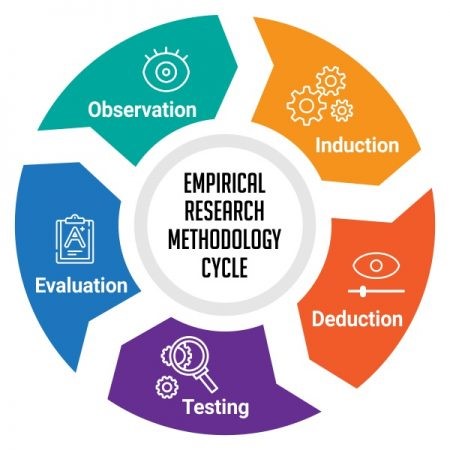Scientific research is an essential tool for navigating our complex world successfully. We’d be forced to rely completely on intuition, other people’s authority, and luck if we didn’t have it.
We may rid ourselves of preconceived conceptions and superstitions by conducting methodical scientific investigations and gaining objective awareness of ourselves and our world.
Scientific study is distinguished by the presence of evidence to back up a claim. Scientific knowledge is empirical: it is based on objective, observable evidence that can be verified over and over again, independent of who is doing the observing.
Why is research important in psychology?
Research is important in psychology because the human mind and the human experience are always evolving and because those treating people with mental health conditions need to be equipped with as much knowledge and experience as possible.

The distinction between facts and views is determined by the study. Opinions are personal judgments, conclusions, or attitudes that may or may not be accurate. Facts are observable reality. Only data gathered through empirical inquiry can be used to establish facts in the scientific community.
Applied and basic research are the two primary categories of psychological research. Basic research is usually done in relatively controlled environments and is concerned with people’s basic activities and beliefs. The goal of applied research is to gain information that has practical applications. The outcomes of various interventions are evaluated in a lot of applied research. Basic and applied research studies are vital in our society since they serve as a result of earlier research as well as a foundation for future directions.
When most people think of psychology, they think of clinical psychology and other applied professions; psychology as a science is less frequently considered. In reality, gaining information through psychological study is crucial to being able to serve people efficiently.

A master’s or doctorate degree is usually required for research psychology jobs. Researchers generally work in psychology departments, as well as medical and business schools, in higher education. Researchers can also be found working in government, non-profit, and private-sector jobs. Some well-known researchers augment their income by providing consultancy services, serving on editorial boards, and writing books. As an undergraduate, you can get involved in research by working as an assistant with academics, and you may even be able to present your findings at local or national conferences that you have either organized or delegated to.
There are specific personal attributes that can indicate higher success in the field of psychological research, just as there are in any other career. Genuine curiosity makes it easier to establish research ideas and functions as a great motivator, therefore a curious temperament is essential for research. Strong critical thinking and analytical skills, as well as the ability to analyze the validity and implications of research investigations, are examples of more developed abilities. Strong writing abilities are also necessary for obtaining grant funding, publishing papers, and explaining your discoveries to others, as your career will rely on them.
-Tanaya Poopal

